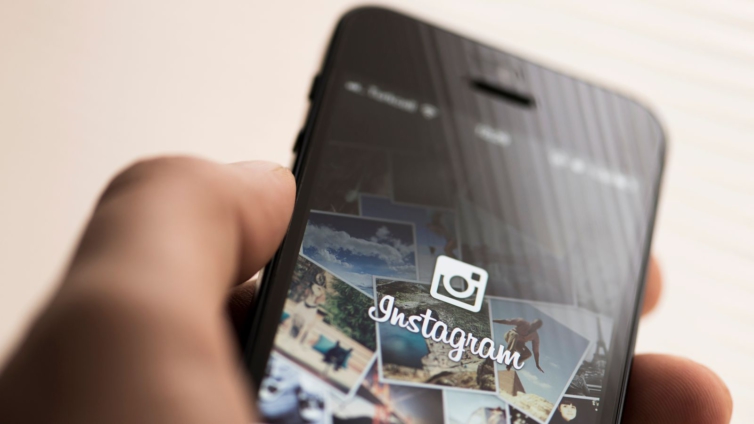NHS England has urged Instagram to stop users selling a "dangerous" unlicensed weight-gain drug.
Apetamin is being sold and promoted on Instagram and other sites as a way to achieve an hour-glass figure in the mould of celebrities like Kim Kardashian.
However, senior health leaders say the appetite stimulant could cause "serious harm".
One of the drug's ingredients is a prescription-only antihistamine linked to side effects such as dizziness, tremors, nausea, blurred visions and liver toxicity.
"We are writing regarding the unlicensed and dangerous drug Apetamin, which is promoted on your platform and could result in serious harm to any individual who takes it," says the letter to Instagram chief Adam Mosseri.
"This substance is consumed as a supplement, to foster a specific body image and shape, deemed to be desirable by some high-profile influencers, and predominately targeted at younger women and girls."
The letter is signed by NHS England medical director Professor Stephen Powis, national mental health director Claire Murdoch, and Kitty Wallace of the Body Dysmorphic Disorder Foundation.
They say they are concerned about the drug's "physical and mental health impacts" and urge Instagram "to demonstrate a duty of care... and clamp down now on this dangerous content".
Apetamin is unauthorised in the UK and should not be sold, supplied or advertised, the letter adds.
The drug's unlawful availability was highlighted in a BBC Three documentary last month and Instagram said it had removed the accounts highlighted.
It stressed that buying and selling non-medical or prescription drugs was "strictly against our policies".
However, the letter claims "dozens of profiles" selling Apetamin are still online and that when it flagged them up, a customer service message claimed they did not break the rules.
The NHS chiefs ask for an "urgent update" on what Instagram is doing to shut down accounts or content that promote the drug.
They also seek assurances that any "shortcomings" in its community guidelines that allow such content to appear will be tightened.
A spokesman from the Body Dysmorphic Disorder Foundation said they were becoming overwhelmed by people seeking help for body dysmorphic disorder (BDD).
"Although social media is not the cause of BDD, it has a huge role to play in exacerbating the symptoms," the spokesman said.
Latest Stories
-
Heartbreak as cash-strapped Nigerians abandon their pets
3 hours -
Mining in Motion: African leaders arrive in Ghana for landmark industry summit
4 hours -
Trump’s tariffs ‘not going away’ as deadline for deals loom, top adviser says
4 hours -
MTN Ghana honours community champions at 2025 Heroes of Change Awards
4 hours -
Ensuring sanity in the professional practice space – supporting our regulatory councils
5 hours -
UK backs Morocco’s autonomy plan for Sahara as credible basis for resolution, pledges support at all levels
6 hours -
Pyramids beat Sundowns to win first-ever CAF Champions League title
6 hours -
Pyramids FC win CAF Champions League following 2nd leg victory over Sundowns
7 hours -
Pyramids FC clinch first CAF Champions League title with victory over Mamelodi Sundowns
7 hours -
Nations FC cite “poor officiating” and “security lapses” as reasons for abandoning Basake Holy Stars match
7 hours -
Breaking the cycle: School girls in Techiman unite against child marriage, demand menstrual dignity
8 hours -
2024/25 GPL: Hearts dispatch relegated Legon Cities
8 hours -
2024/25 GPL: Samartex edge Aduana Stars 2-1 in final home game
8 hours -
GPL 2024/25: Karela United thump Accra Lions at home
9 hours -
Prof. Kwaku Asare shoots down Fiscal Council proposals
9 hours

